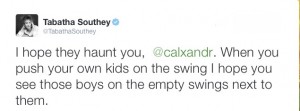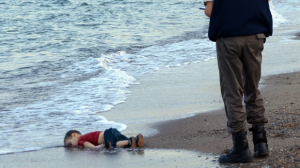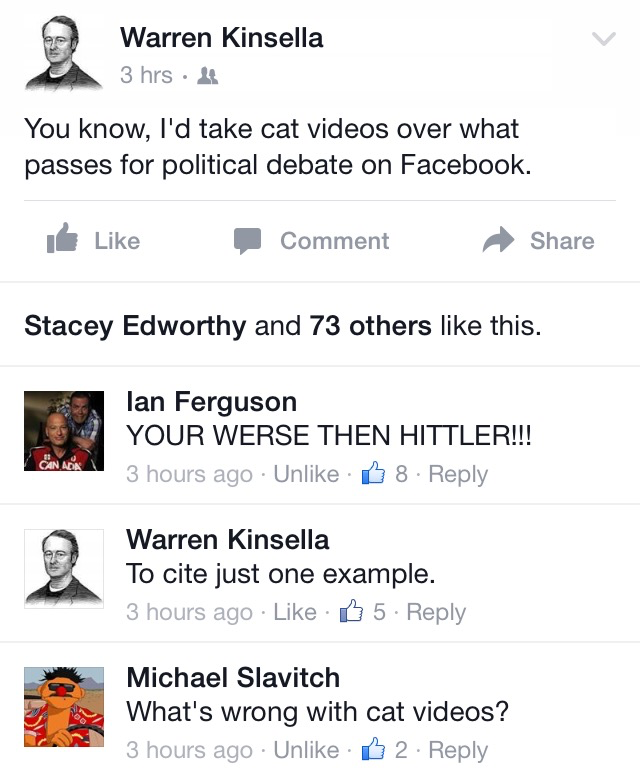KCCCC Day 34: when a newspaper gets a big story wrong in a big way, what should it do?
- Look, I’m up at the cabin with Son 3. It’s a long weekend. It’s amazing here. I’m making him a big bacon and egg and toast breakfast and then we are going to do chores and have fun. So I don’t much care about what is happening in the outside world.
- In the outside world, an election is underway. The three main contestants are in a tight race. Anything that happens, however small-time, counts big-time. The politicians – and, in this case, the media – therefore have an obligation to be very, very careful about what they say and do.
- The Ottawa Citizen wasn’t careful. Full disclosure: I was their cops and courts reporter. I was a columnist for them. They were good to me, back in the day. But, back in the day, the Citizen wouldn’t have published a lie, on page one, in the middle of a hotly-contested election campaign.
- But lie the Citizen did. Or, at the very least, the newspaper was recklessly indifferent to the truth – recklessly indifferent to the obligation it owes its readers – when it plopped a steaming pile of bullshit on its front page.
- The facts are now well-known to everyone but the Citizen. One: it said the drowned Syrian boy’s family had applied for refugee status in Canada. Two: it hadn’t. Another family did. Three: it said the boy’s family had been turned down by Canada’s government – and that, by implication, Canada’s government now had blood in its hands. But that wasn’t true, either, was it? No refugee application had been turned down, because none had been received.
- If you don’t believe it, read this. Right here. The Citizen story was “false,” quote unquote. False.
- Look, it’s the weekend. I’ve got other things to do. And, yes, I think Chris Alexander has been a terrible minister. I think Mark Holland is going to beat him. I don’t think the Ottawa Citizen owes Alexander, or any government, anything. But that newspaper – which hasn’t published a correction about how it got the biggest story in the world wrong, and about which not one of its columnists and editorialists have admitted they got dramatically wrong – owe an obligation to us, the reader. To tell the truth. To not be reckless. And to admit it when they make a gargantuan mistake.
- Will the Citizen admit its huge error? Seriously? Don’t make me fucking laugh. Now, excuse me while I make a little boy some breakfast.








